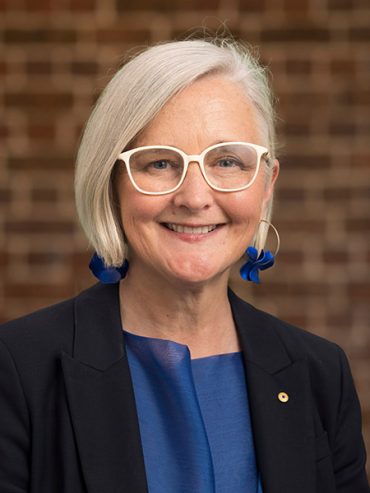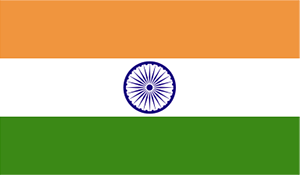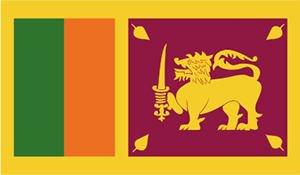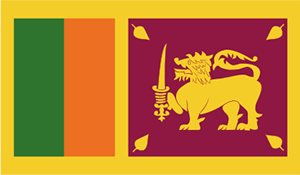Webinar: Get the Facts
Healthcare providers play a critical role in the elimination of cervical cancer as a public health problem in Australia. A large public health campaign promoting cervical screening, including the option of HPV self-collection will be released in September this year.
An increasing number of patients are expected to present to general practices requesting self-collection, or more information about the test. This webinar will equip healthcare providers with the tools to effectively support patients to make an informed choice about this screening method, and to better engage those who are reluctant to screen.
We’ll address management options for abnormal self-collection results and provide information on upcoming changes to the National Cervical Screening Program clinical guidelines, to make sure you have the very latest information.
Using case-studies and an interactive Q&A format, we will include practical information and tips to ensure practices are on track to eliminate cervical cancer as a public health problem in Australia.
Suitable for GPs, nurses, midwives and other healthcare providers with an interest in cervical screening.


Your Speaker: Professor Marion Saville AM
Prof Marion Saville AM is a New Zealand medical graduate who trained in Anatomic Pathology at Northwestern University in Chicago. She has held the position of Executive Director of the Australian Centre for the Prevention of Cervical Cancer since 2000. Marion has served on cervical screening advisory committees in Australia, New Zealand and Ontario. She currently chairs the working group to review Australia’s Guidelines for the management of screen-detected abnormalities in the National Cervical Screening Program. Marion is interested in how culturally safe screening can meet the needs of disadvantaged groups who have poorer cancer outcomes, in Australia and New Zealand. Marion was appointed as a member (AM) of the Order of Australia on Australia Day 2020 for her significant service to women’s health through cervical screening initiatives.





















